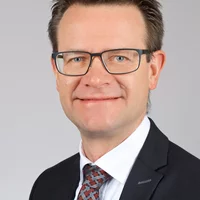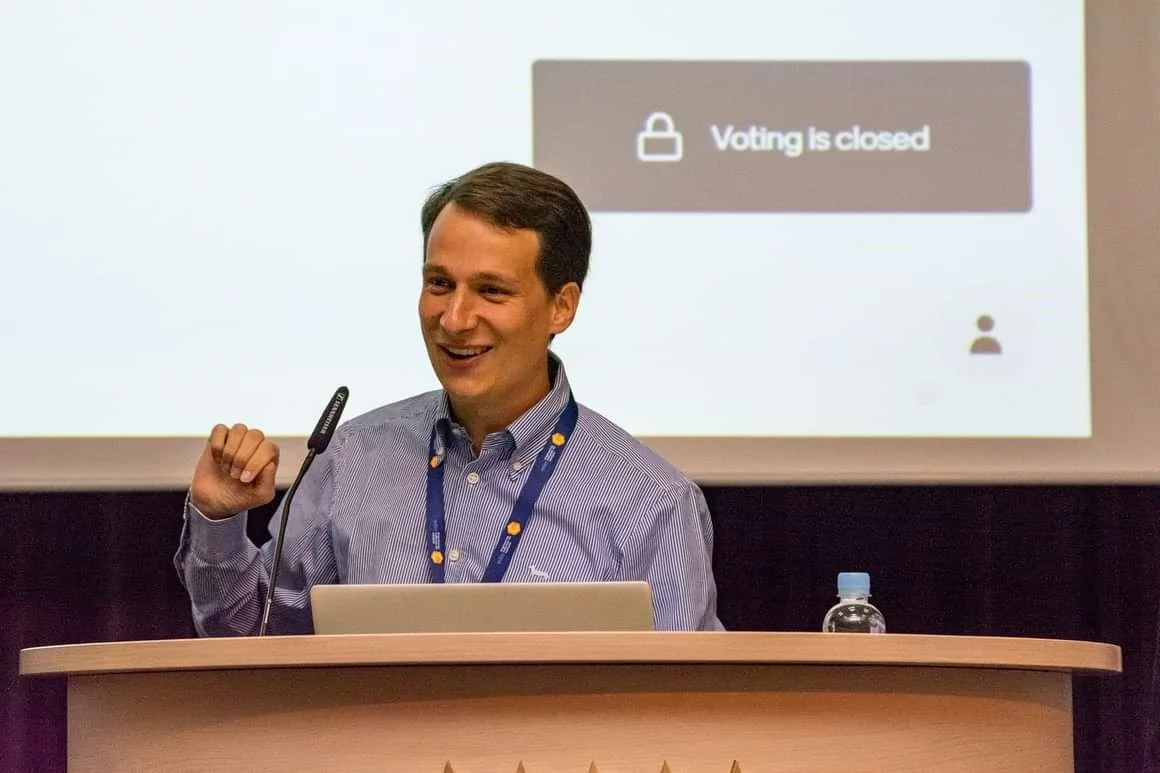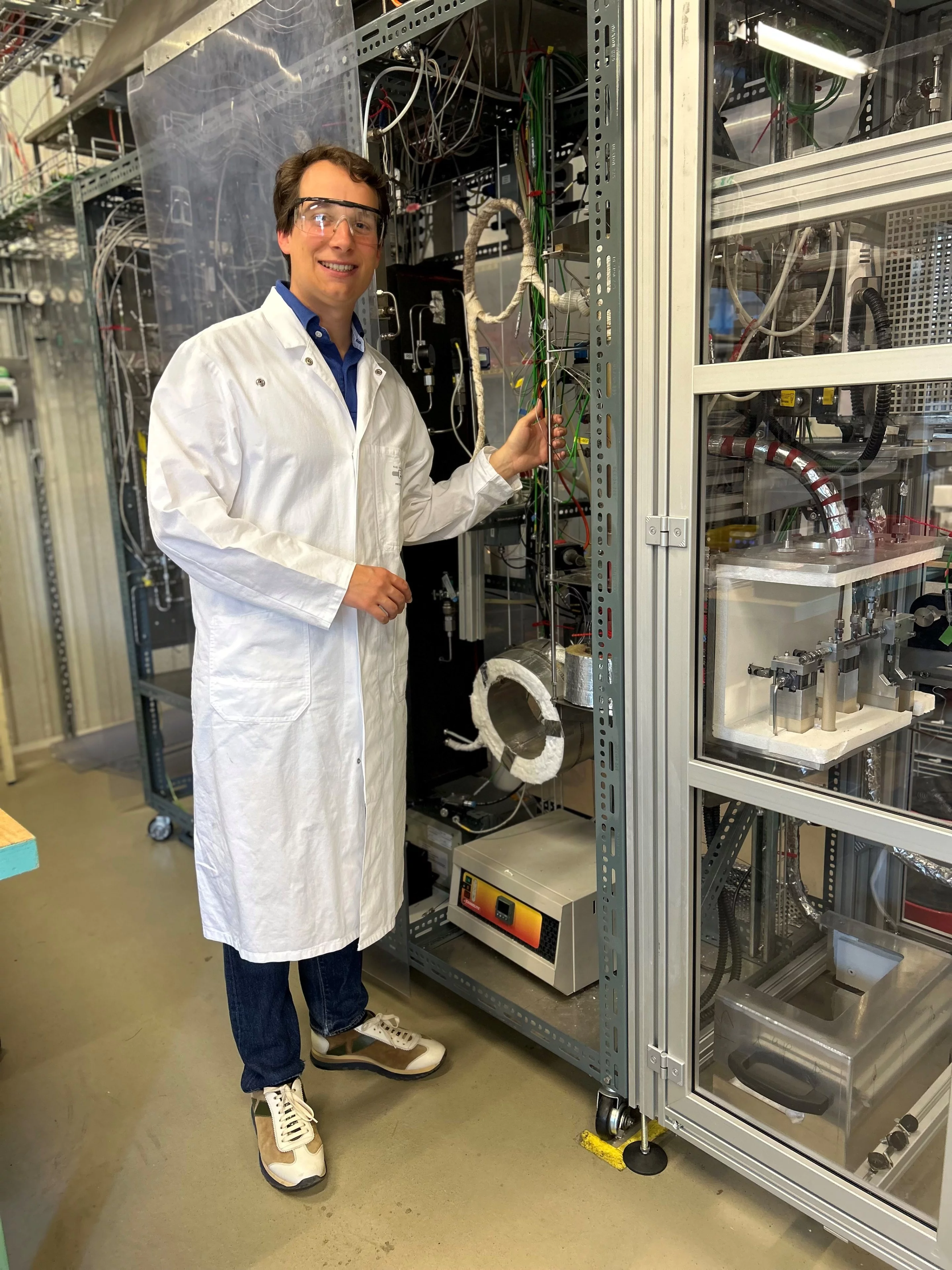Emanuele Moioli is one of the recipients of the prestigious Ambizione Grant awarded by the Swiss National Science Foundation (SNSF) on a yearly basis. With the great news of his award having arrived in August 2022, Moioli embarks on the journey of his groundbreaking project titled “Moving catalyst vs. Multi-catalyst: determination of the best reactor for the processing of unconventional feedstock,” set to commence this August 2023.
Research Motivation
Moioli's visionary project was born from his firsthand experiences and keen observation of the complex landscape of renewable processes. His tenure as a postdoctoral researcher at the Laboratory for Bioenergy and Catalysis (LBK) at PSI exposed him to the challenges that arise when integrating renewable solutions into existing markets. Focusing on biogas and renewable chemical production, Moioli was keenly aware of the intricate adaptations required for these processes to flourish. Such adaptations, while pivotal for success, also cause an increase in both complexity and costs. It was this very challenge that sparked his determination to uncover novel implementation strategies capable of not only mitigating costs, but also unraveling the untapped potential of raw materials and the possibility of elevating them to something of greater value.
The idea behind
Moioli's journey from researcher to grant recipient was fueled by his persistent dedication, ambition, and the profound impact and experience gathered during of his postdoctoral experiences. In a world where prevailing processes often excel in efficiency and cleanliness, the phase-in of raw materials from renewable sources introduces a new layer of complexity. The impurities present in these materials, dependent on their specific feedstock, pose a significant threat to the functionality of catalysts employed in the processes. Moioli's project envisions two distinct approaches for safeguarding these catalysts and ensuring their optimal function. The first strategy, which he calls the "moving catalyst" approach, employs a dynamic catalyst that strategically shifts between different operational zones. This orchestrated movement compensates for potential damage and thereby showcases an innovative adaptation mechanism. The second approach, called the "multi-catalyst" approach, introduces a sequence of materials. Among these, one material is deliberately designated for the conversion of detrimental components, shielding the primary catalyst responsible for driving the core reactions. This inventive solution promises to redefine the way catalysts are utilized within renewable processes.
Research impact
At its core, Moioli's project is anchored in the development of a disruptive methodology. This approach aims to forecast the necessary process adaptations that accommodate the diverse spectrum of contaminants present in raw materials. This extension of predictive modeling is promising as it refines existing forecasting models, making them not only reactive but also predictive in nature. As he steps onto this new path, Moioli is confident to extend the horizons of renewable resource utilization. If his project unfolds as anticipated, it promises to guide in an era where an extensive array of renewable resources can be harnessed effectively, contributing to the long-sought closure of the carbon cycle across diverse waste categories.
Heartfelt gratitude is extended to the Swiss National Science Foundation (SNSF) for their support in empowering emerging talents at the postdoctoral level. This grant not only celebrates excellence but also propels young researchers like Moioli toward independent and transformative careers that promise to shape the future of renewable energy.
Text: Michelle Kalousek


